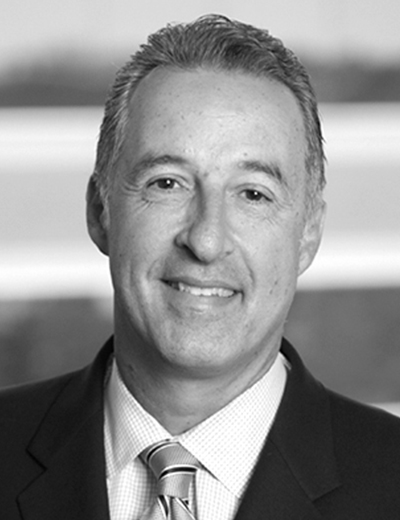Compliance officers are less confident in their anti-bribery and corruption (ABC) programs compared to the first half of the year, with a 12 percent drop in survey respondents indicating their programs were “extremely effective.”
That’s according to a report released by Kroll.
The findings are based on a new survey of 200 senior risk professionals in August and build on the initial report released in June 2021.
According to the report, 72 percent of respondents are concerned with the increased responsibilities for the compliance function in 2022.
With a new U.S. administration in place for nearly a year and other global geopolitical changes, respondents are concerned about what’s on the regulatory horizon over the next 12 months, including stricter and increased regulations such as new global regulatory requirements and legislation.
While three-fourths (76 percent) of survey respondents indicated their compliance programs are effective, only 39 percent of that number rated the program as highly effective.
What would explain that drop?
“It’s a by-product of the world being in flux at the moment,” Kroll managing director John Arvanitis told Corporate Crime Reporter in an interview last week. “We are navigating into this new normal post Covid. We have a new administration that entered in January. There has been some regulatory beating of the drums that raised corruption to a national security type matter.”
“They have tasked governmental entities to put forward a whole of government approach on how to address corruption and prevent the destabilization of partner nations. All of these factors are weighing on the respondents who participated in the survey. These are hot button items for compliance professionals. They are thinking about it and kicking the tires of their compliance programs. If there are gaps, they are attempting to fill those gaps to protect the integrity and reputation of the firms they are working for.”
The reality is there have been very few Foreign Corrupt Practices Act (FCPA) enforcement actions during the first year of the Biden administration. How do you explain that?
“That’s a by-product of the investigative process. You have a whole new investigatory process. You have a whole new Department of Justice. They are investigating the cases. They are looking at the evidence that has been collected.”
One of your reports is titled – Culture is the Basis of Compliance Effectiveness.
In it you write this:
“An ethical culture is the basis for an effective compliance program. Seventy percent or more of the respondents indicated their compliance program incorporates the pillars of an ethical culture, including tone from the top, the scrutinization of new business initiatives and adapting processes to local cultural nuances. With such a high percentage of respondents indicating a culture of compliance it seems counter intuitive that only 39 percent rated their compliance program as highly effective.”
You work with many of these large corporations? Does it make sense to you that 70 percent of compliance professionals say they have an ethical culture but only 39 percent rate their compliance programs as highly effective?
“Compliance professionals are passionate and committed to their mission of protecting the enterprise. But the reality is they are overburdened and under resourced. They have the policies, procedures, systems and controls in place, but they are working and trying to do everything that needs to get done to ensure integrity and reputation of their business.”
“It’s not about talk. It’s about action. That’s the reality of compliance professionals. They have to evaluate. They have to educate. They have to monitor. Ultimately, you have to understand the business and the business approach. You want to communicate and educate. You want to be accountable and transparent.”
“Tone at the top is great. You can message – we are a culture of integrity. We prohibit bribery and corruption and any other illicit activity. But it’s also important to push that message down. And that responsibility falls on middle management to ensure they monitor and make sure the policies and procedures are followed internally and externally.”
Have you come across cases where compliance professionals become disgruntled and become whistleblowers?
“I won’t speak to any specific matters. But in the press, there are plenty of them. You will see where whistleblowers have brought allegations against their organizations regarding their activities.”
A whistleblower attorney we interviewed earlier this year, Suzanne Durrell, wrote an article recently titled How Compliance Officers Can Become Whistleblowers. And she outlined a number of these recent cases. Your survey raises this question of compliance officers concerned about a lack of commitment of the corporation to compliance.
It reflects the underlining tension we spoke about between those within the corporations whose job it is to keep the corporation on the straight and narrow and those whose job it is to achieve bottom line results.
“It’s an issue that everyone recognizes. It’s between the senior leadership and compliance professionals. Even if a compliance professional has a robust and positive relationship with your board of directors, there may be situations where one side does not agree. But through communication, education and explanation as to why we do what we do in the compliance space, people will see that the intent is to protect the integrity of the business and business model put forward.”
[For the complete q/a format Interview with John Arvanitis, 35 Corporate Crime Reporter 47(14), Monday December 6, 2021, print edition only.]
